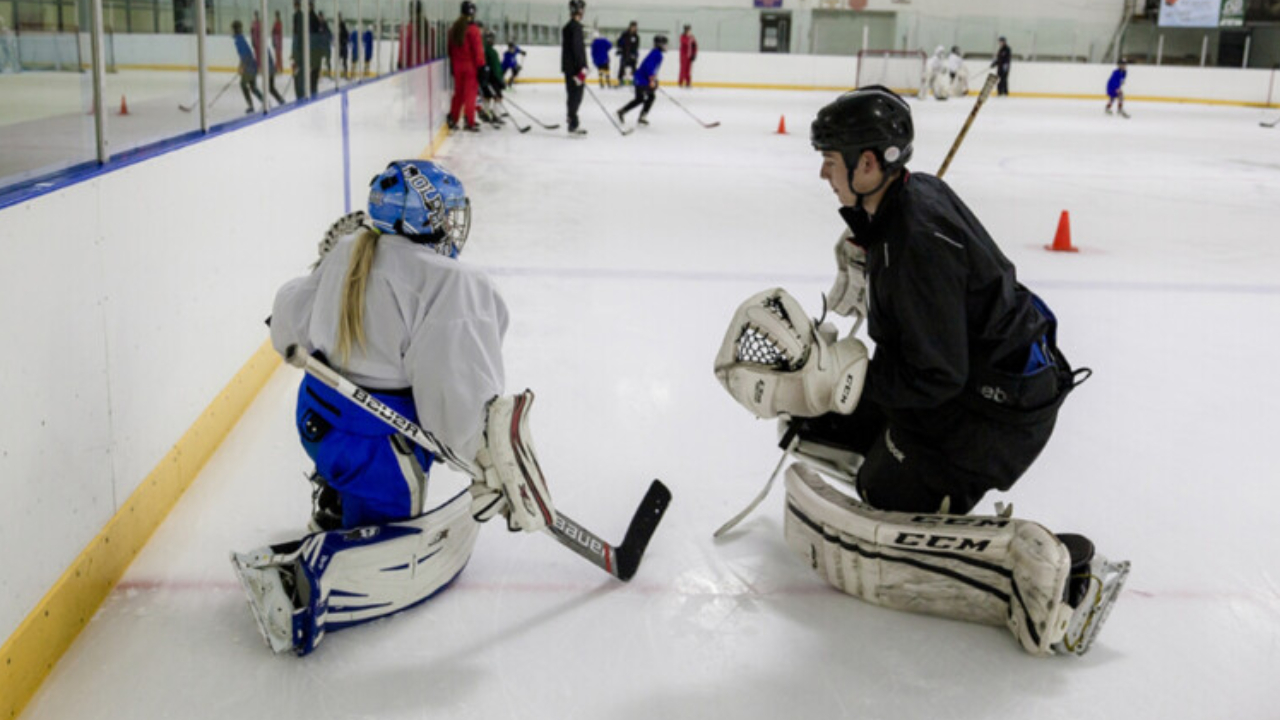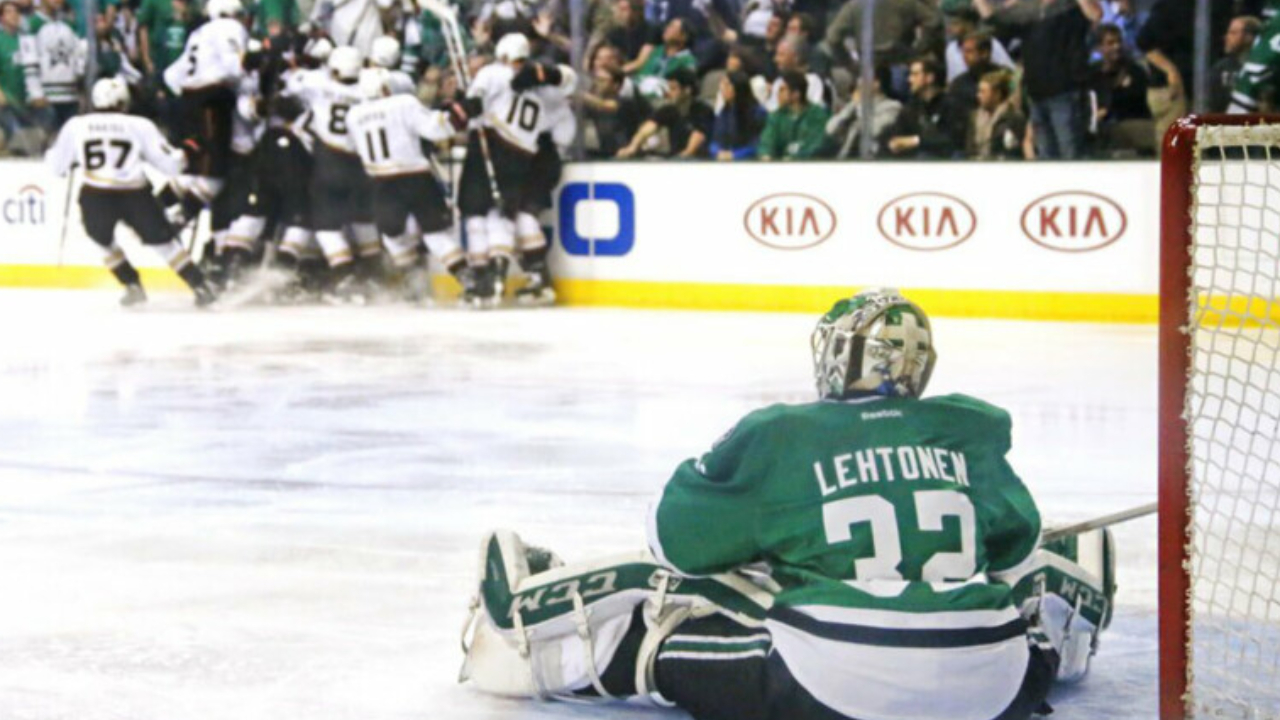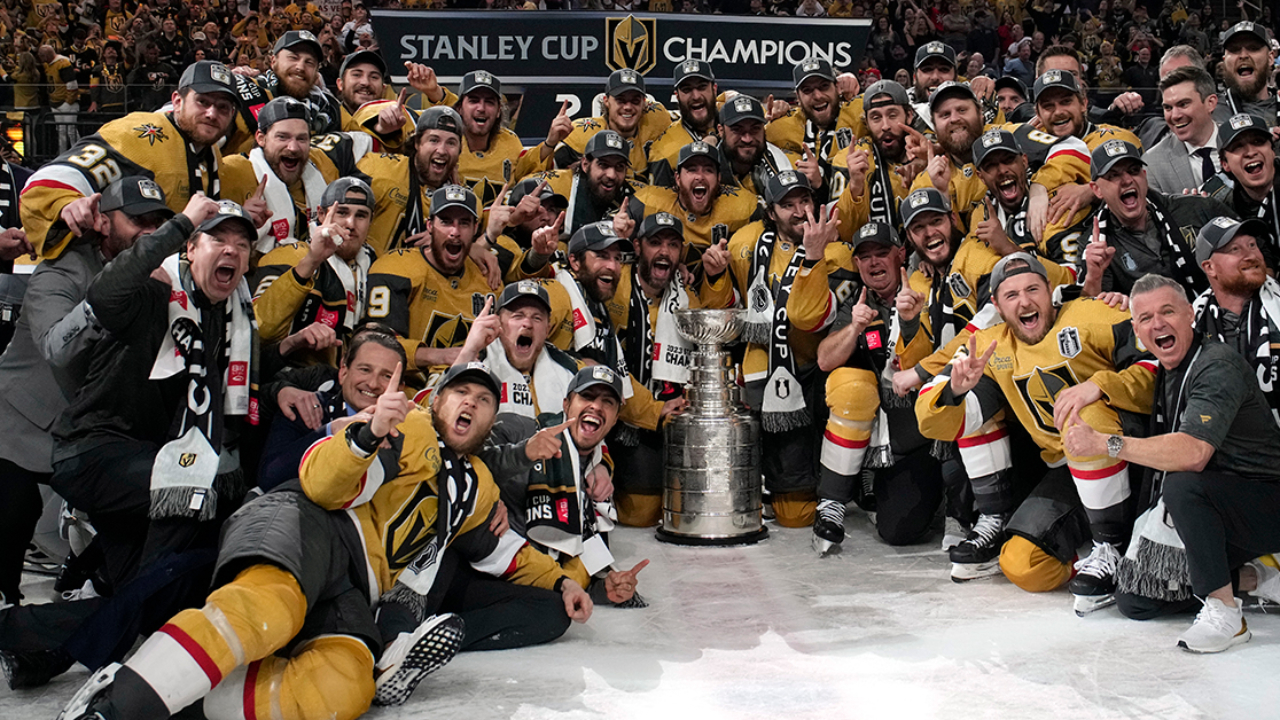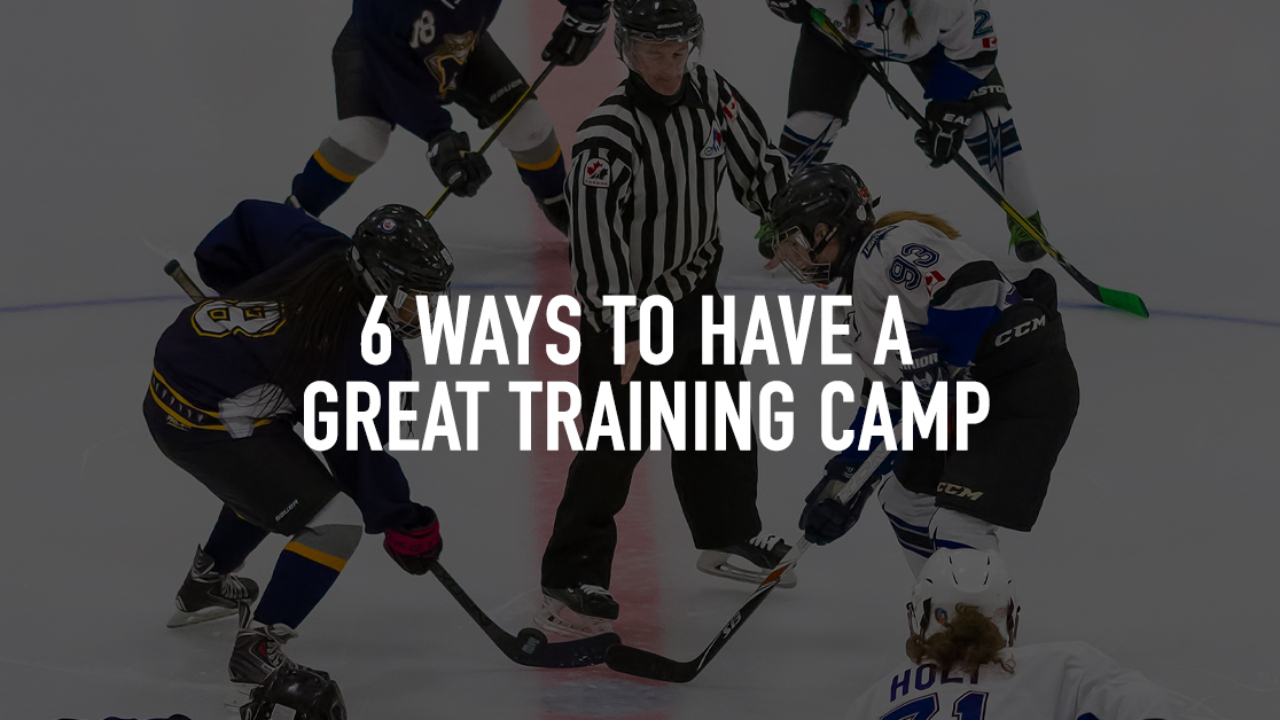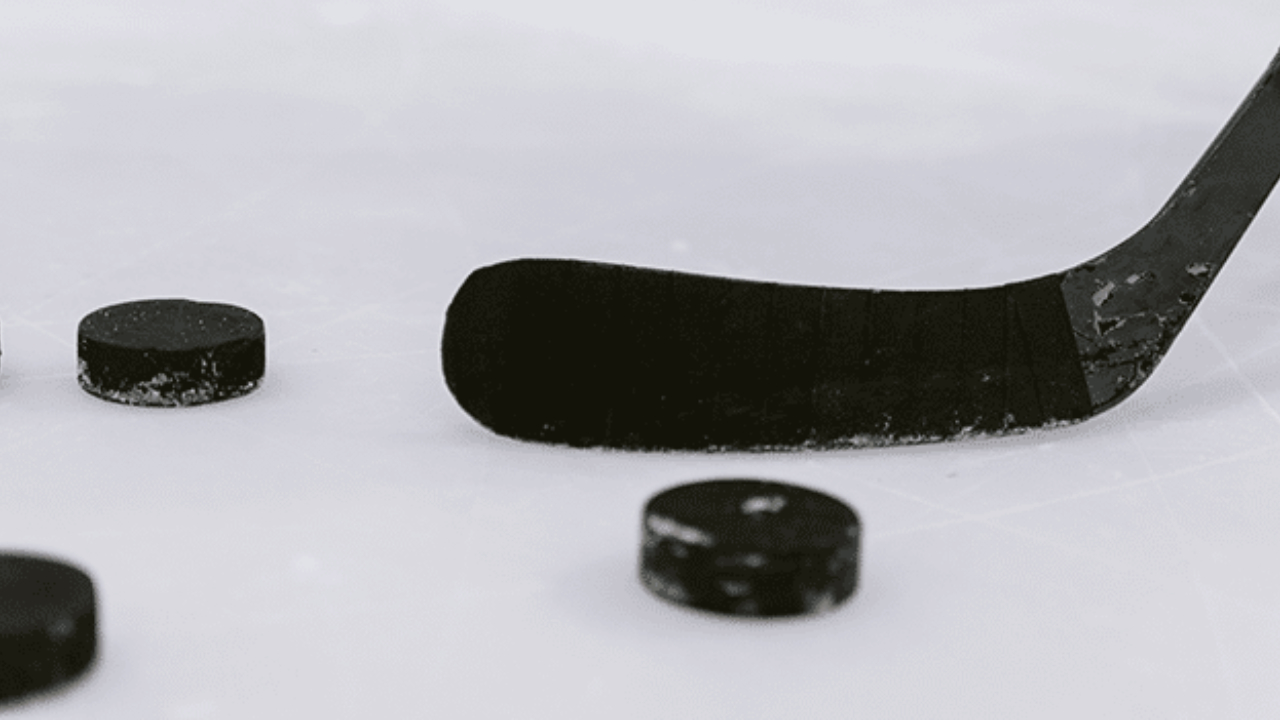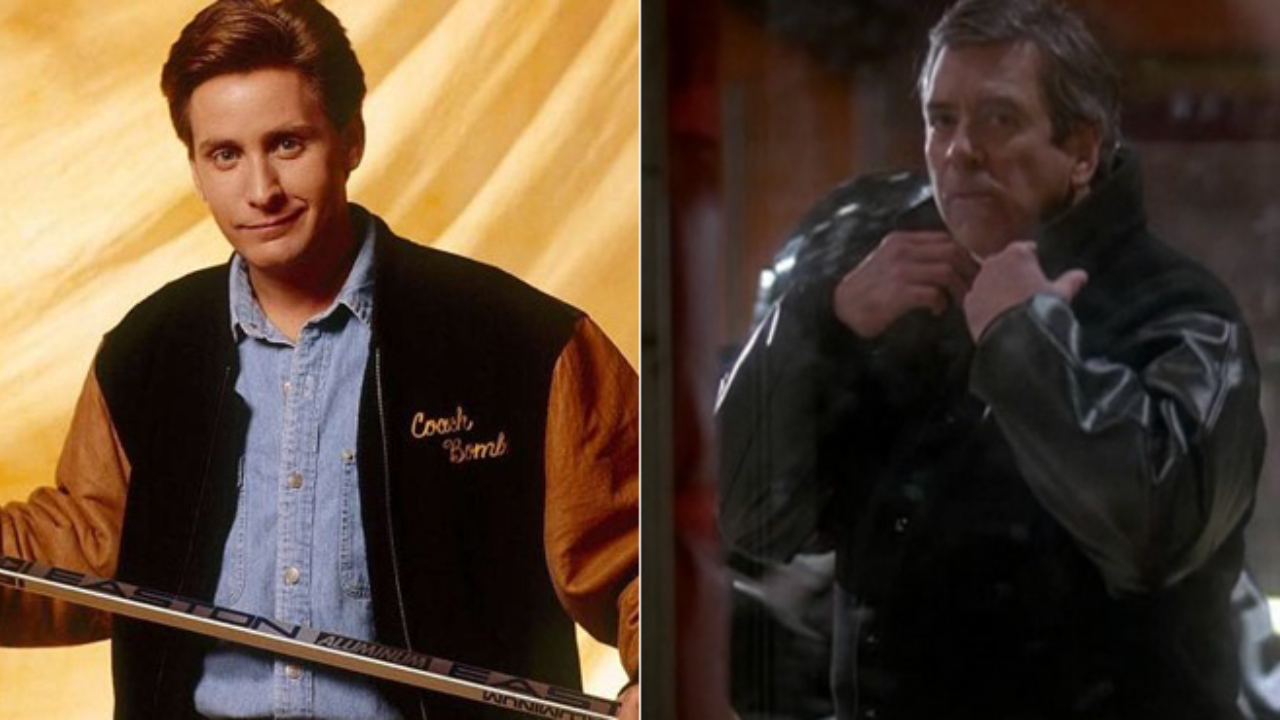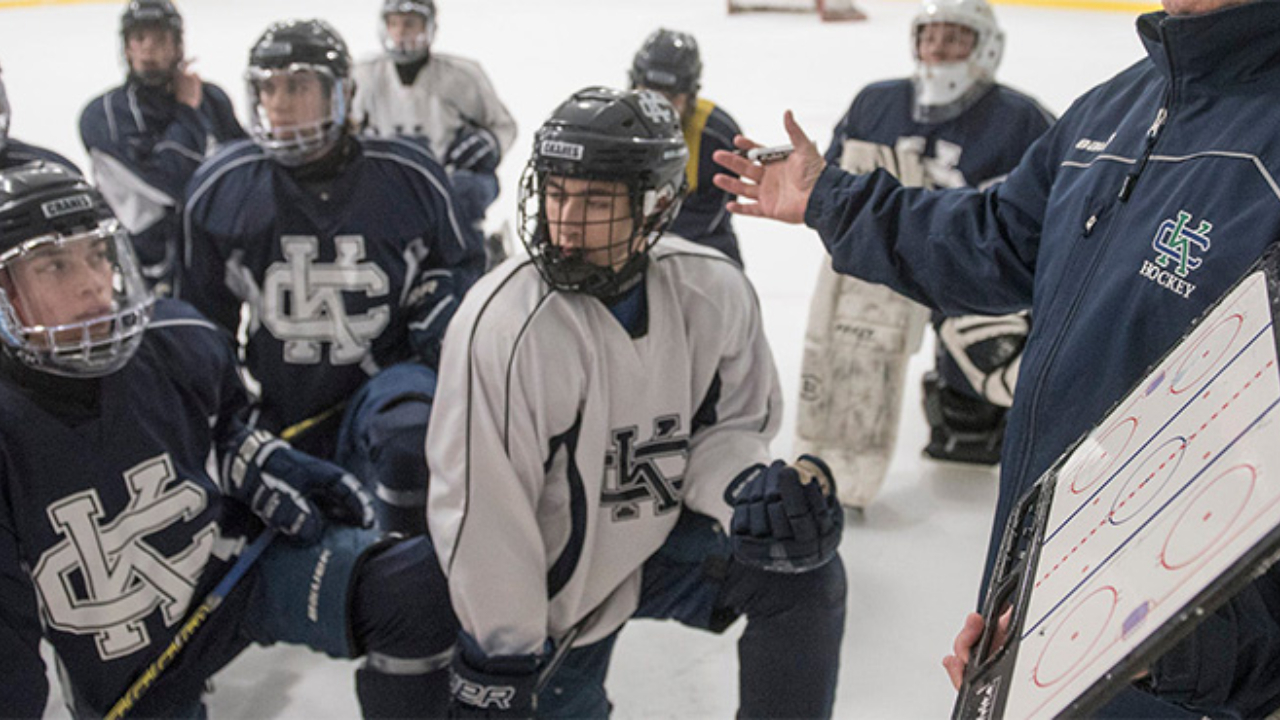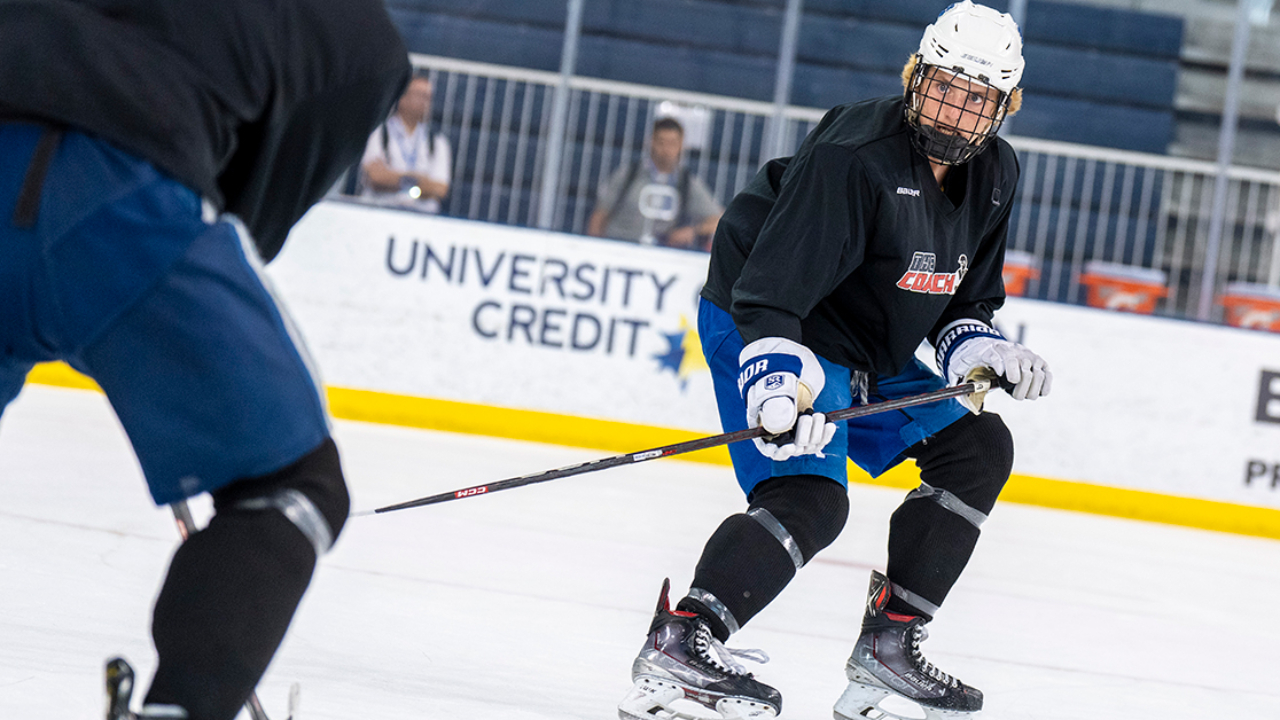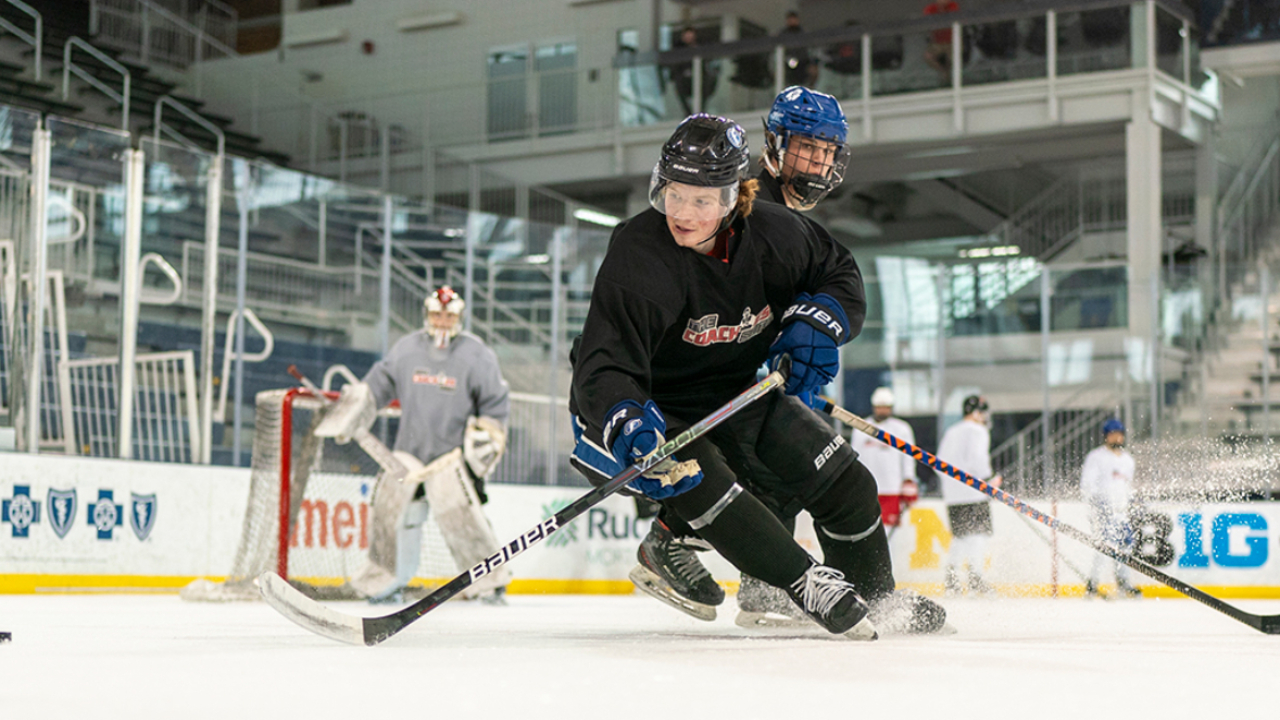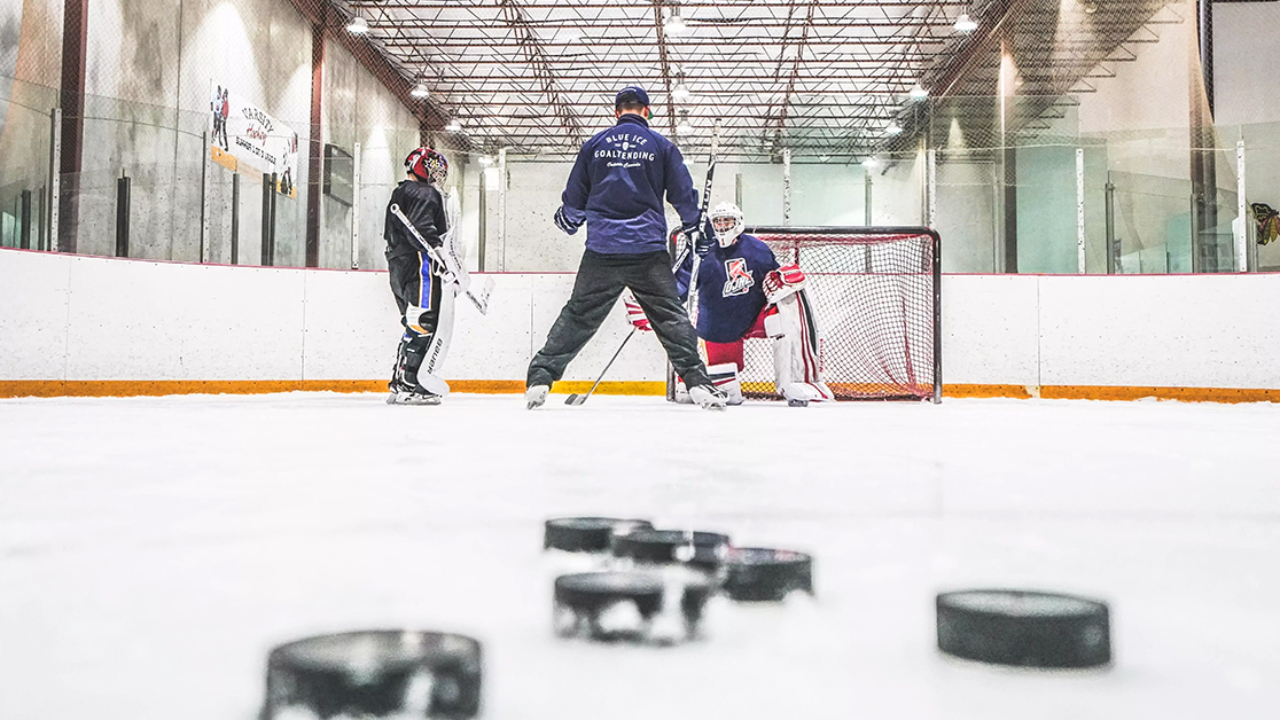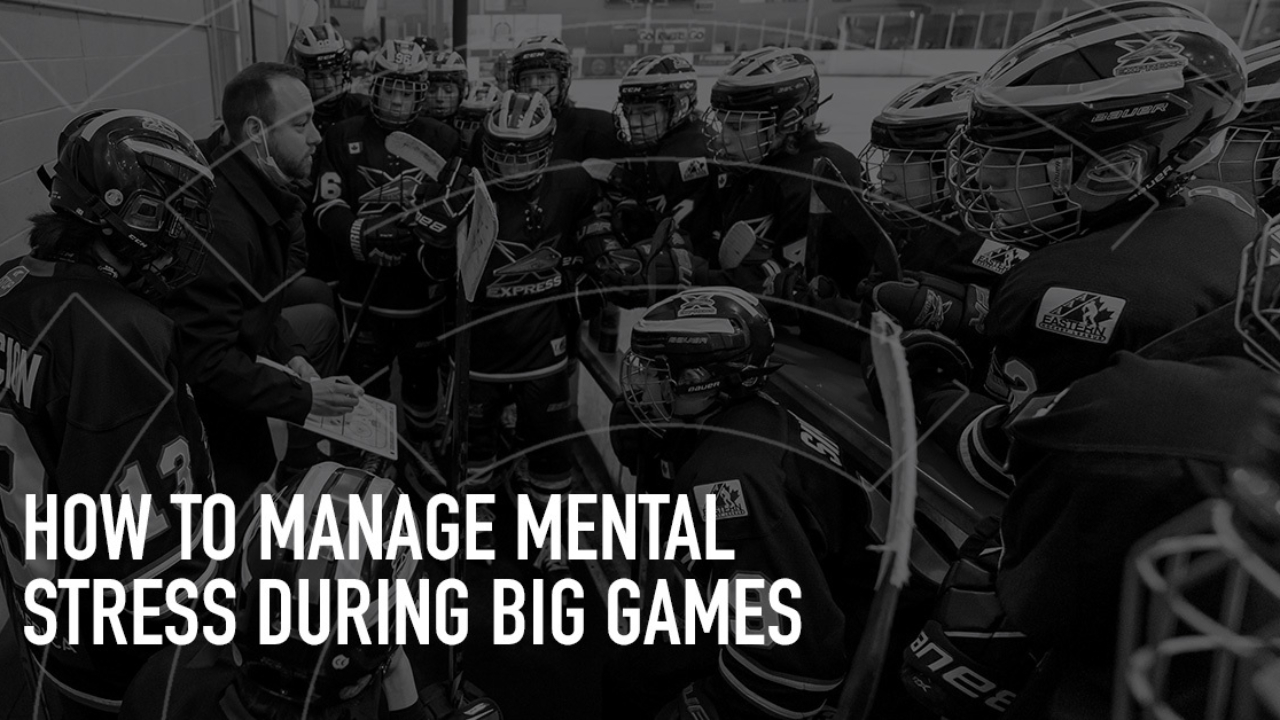
Several months ago, I made my first attempt to play the role of a defenseman. Playing defense is something I have attempted in the past but never when it mattered - a real game. The responsibility had me feeling a bit nervous.
I found myself where the weight of stress, both internal and external, threatened to overshadow my abilities on the ice. Not only did I carry the burden of what my teammates thought of me playing this new role, but I also shouldered the heaviness of my own self-perception. This overwhelming pressure resulted in a performance where I was overthinking, stuck in my head, and unable to tap into my fullest potential. It is this dynamic which leads to our first point on how to deal with the external and internal pressures of hockey.
External Pressures
1. Embrace Love as Your Thought Program
Enter the first period. I was on edge. I was holding my stick too tight. I was thinking more than I was playing, and I almost made a costly mistake. I was playing with fear. By the the third period, more predictability began to set in. I could read plays better. I found my footing. I started to get comfortable and started to develop a genuine passion for the position, making me more effective on my shifts. There was a dramatic difference in my playstyle. During the first period I operated in fear and by the third period I operated in love.
Love is a thought program that is based on positivity, enthusiasm, and a desire to succeed. Love is characterized by a focus on the enjoyment of the game, the desire to improve, and a willingness to take risks. It is what emerged for me in the third period. When a player is in a state of love, they are more likely to play with confidence, creativity, and passion - components which matter in big game scenarios.
Players who use the love thought program are often the ones who take risks, make bold moves, and are not afraid to try new things. Stress has zero existence. Rather, they are focused on the enjoyment of the game and are willing to put in the work to improve their skills. These players are often the ones who make the big plays and lead their teams to success.
2. Develop an Infinite Mindset
Years ago, I had the privilege of reading Simon Sinek's book, Start with Why: How Great Leaders Inspire Everyone to Take Action. Within the pages of the book, he introduces his concept of the "infinite mindset." An infinite mindset is one focused on staying in the game for the long haul, rather than achieving short-term success. It is a mindset not limited by the boundaries of the present moment or the outcome of a single game or season. Rather, it is rooted in the idea that there is no finish line in life and success is not a destination but a journey.
Hockey players with an infinite mindset have a sense of purpose which goes beyond winning games. They are thinking about the here and now, but they are also invested in their own personal legacy. They also care and take pride in the hockey club. Hockey is more than a game to them. It is a metaphor for life, and they take every aspect of the game seriously and handle it with respect. In other words, understand your life or career is not just about this one moment. It is simply a smaller piece in the bigger picture. Do not over inflate the moment.
3. Stop Worrying About Others
Shift your focus from external judgments to internal fulfillment. Recognize your performance is ultimately about you and your journey in the game. It is not about what your coach thinks of you. It is not about how the fans perceive you. It is not about what your opponents or teammates think. Focus on the game you need to play and stay dialed into the present moment.
There is a great quote by Jim Rohn, where he states:
"If you focus on your career, you will make a living. If you focus on yourself, you will make a fortune."
You can not bring value to your team if you are broken or obsessing about others. Focus on yourself. Focus on your game. Focus on only what you can control. You need to invest in yourself first so you can invest in others later.
External pressures are just one part of the equation. To achieve full mastery during big game scenarios, you must also know how to manage the internal pressures. To defeat the pressures of internal stress, it is important to be proactive and embrace the triple threat of self-reflection, self-awareness, and self-correction - a concept which was brought to my attention Dr. Cassidy Preston of CEP Mindset. Rather than trying to manage stress in the moment, prepare for it in advance.
Internal Pressures
1. Practice Self-Reflection and Embrace the Mistakes
Acknowledge mistakes as stepping stones to improvement. Free yourself from the fear of errors, opening space for creativity and innovation. A good place to start is practicing self-reflection and by making this a routine outside of games.
Self-reflection is all about enhancing your focus and developing a better understanding of your biggest weapon - you. However, it is a ritual which happens off the ice where you need to take a step back and analyze your performance, decisions, and actions during a game or practice. Ask yourself questions like:
- What did I do well during the game?
- Where did I make mistakes, and how can I avoid them in the future?
- How did my mindset affect my performance?
- Did I maintain focus throughout the game, or were there moments of distraction?
By examining your past performances and actions, you can gain valuable insights into your strengths and weaknesses as a player, so your strengths are maximized, and weaknesses are minimized moving forward. In the famous words of Hall of Fame NFL Coach Jimmy Johnson:
"Success happens when opportunity meets preparation."
Self-reflection helps you recognize patterns, allowing you to make conscious improvements. So, prepare now so success can happen when it matters most.
2. Utilize Your Self-Awareness to Manage the Chaos
Chaos is inherent in hockey. Instead of fearing it, embrace the unpredictability of the game. Mistakes and chaos will emerge, and that is okay. It is how you respond that truly matters. Assuming you took the time to self-reflect, you should now have a heightened sense of self-awareness.
Self-awareness is the ability to understand your own emotions, thoughts, and behaviors. It is a component essential for maintaining focus because it helps you recognize when your emotions are affecting your game negatively especially in stressful game scenarios. Are you getting frustrated with a missed shot or a bad pass? Is anxiety causing you to rush decisions? Self-awareness enables you to identify these emotional triggers and work on managing them effectively.
My friend and mentor, Dr. Saul Miller, a performance and sport psychologist, is an advocate of creating action words like "Release" or "Reload" when chaos begins, or mistakes are made. As you become more emotionally aware, you can acknowledge these moments and regain control by telling yourself "Release" and letting go of negative thoughts.
Take a moment after you read this article to think about a recent game or practice. Recall a specific instance where you lost focus due to frustration, anger, or anxiety. Write down the situation and your emotional response. Consider how you could have handled the situation differently to maintain your focus and manage your stress. Then, create an action word for yourself which you can lean on moving forward.
3. Eliminate Stress with Self-Correction
After reflecting on your performance and understanding your emotional responses, take time to make the necessary changes. These adjustments are the most important because this is where self-correction begins. The process of self-correction involves setting goals, creating action plans, and practicing mindfulness techniques to enhance your focus and start gaining more control of yourself and your game.
With that being said, take some time in the days ahead to create a list of specific focus-related goals for your next game or practice. These can include maintaining concentration during power plays, improving your defensive positioning, or staying calm under pressure. Next, outline the steps you will take to achieve each goal. This can include visualization exercises, breathing techniques, affirmations, or creating something like a power statement.
Parting Advice
Managing mental stress during a big game is a skill honed with practice. It takes intentionality and willingness to improve and change so you can control the stress rather than letting it control you. So before we depart, take some time to embody all of the components we have discussed and do one simple exercise - explain why you are a good hockey player.
By following through with this assignment, it will force you to self-reflect, become self-aware, and ulitmately self-correct. Plus, it will remind you why you love this sport so much, which will help you dial into your love thought program. Grab a pen and paper and get started.
Exercise: List "Why You Are a Good Player"
Digitally or on a piece of paper, write down the reasons why you are a good hockey player. This can include your physical skills, mental resilience, teamwork, or any other attributes that make you a great hockey player.

